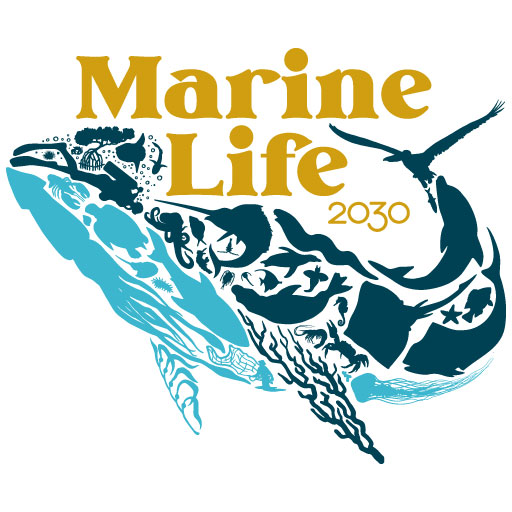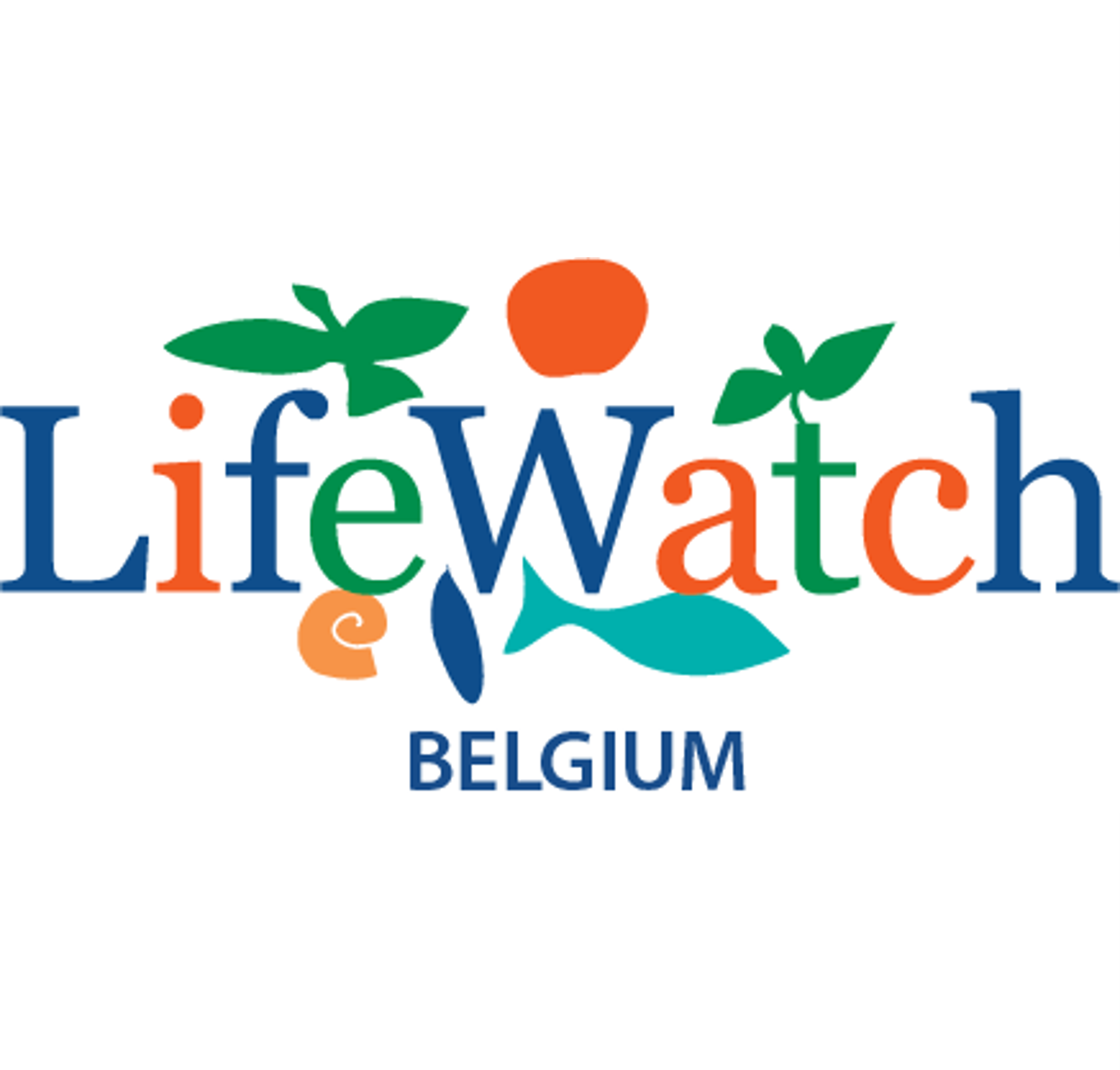Publication date: February 9th 2023

Completing and correcting WoRMS entries requires an enormous ongoing effort and is entirely dependent on the expertise and time of the editors. We have already introduced our editors to you in Story 2, explaining that all their work is based on voluntary contributions of their time and expertise. Although no dedicated financial compensation can be provided for their ongoing contributions, there are different channels through which some kind of support can be made to the editors, with the goal of making WoRMS more complete.
WoRMS as part of the LifeWatch Species Information Backbone
In 2012, the Belgian LifeWatch project took off, as part of the European LifeWatch infrastructure. LifeWatch was established as part of the European Strategy Forum on Research Infrastructure (ESFRI) and can be seen as a virtual laboratory for biodiversity research. Because of its internationally recognized expertise in building taxonomic databases and related web services, the Flanders Marine Institute (VLIZ) as host institute of WoRMS and its underlying Aphia infrastructure, was selected to set up the Species Information Backbone (LW-SIBb) as a central part of the European LifeWatch infrastructure. The aim of the LW-SIBb is to (virtually) bring together different component databases and data systems, all of them related to taxonomy, biogeography, ecology, genetics and literature.
Within this Backbone, support is provided to be able to mobilise and organise taxonomic experts, thereby aiming - among other goals - to fill the gaps within the World Register of Marine Species. Over the first five years of the LifeWatch project (2012-2017), data grant calls were launched, resulting in a total of 41 small data grants, all targeting specific gaps in missing taxa and literature. Since 2016, the approach to filling gaps has shifted from small data grants to organising and sponsoring editor workshops. These workshops allow small groups of experts to come together and discuss in-depth how to tackle the remaining gaps within a specific taxonomic or thematic group, and to develop long-term plans on the continuation of their efforts. Since 2016, 18 editor workshops have been organised at several locations, covering a wide range of taxa and themes. As long as the available project-budgets allow for it, the Data Management Team will continue to organise such workshops, as these have in most cases a proven record of raising the editor activity to a higher level, not only during the workshop, but also long afterwards.

WoRMS as a VLIZ philanthropy project
A VLIZ philanthropy project contributes to the scientific knowledge about coastal and marine areas everywhere in the world. In 2016, WoRMS became a VLIZ philanthropy project. From 2019, the financial contributions through this channel are fully redirected to our editors, based on small grants targeted to make the content of WoRMS more complete. In parallel with the received donations in a given year, approximately 2-5 grants of 500€ can be awarded each year, following a selection of grant-proposals made by our editors.
These small VLIZ philanthropy grants and LifeWatch contributions are very valuable in keeping the work going to make WoRMS more complete, step-by-step. They, however, do not cover the work needed to bring the still vast amount of currently undescribed species into the scientific literature, thereby making them officially known to science, and then taking the next steps to making them and related information available through WoRMS. Nor do they fully cover the needed efforts to target all 13 WoRMS priorities for all marine species within a reasonable amount of time. We hope that the United Nations Decade of Ocean Science for Sustainable Development (Ocean Decade) will open doors to new collaborations and possible funding opportunities over the next years, so we can keep supporting our editors in all their efforts and contributions to WoRMS.
Want to learn more on the VLIZ philanthropy project ‘Support the WoRMS editors’? We welcome you to have a look at this dedicated web page on the VLIZ website: https://www.vliz.be/en/support-worms-editors.
Contact
WoRMS Data Management Team - info@marinespecies.org
Image credit
©VLIZ (Decombel)
Acknowledgements:
This celebration and series of news messages initiated by the Data Management Team (DMT) would not have been possible without the collaboration of the WoRMS Steering Committee (SC) & voluntary contributions by many of the WoRMS editors.
The work of the DMT and many WoRMS-DMT-related activities are supported by LifeWatch Belgium, part of the E-Science European LifeWatch Infrastructure for Biodiversity and Ecosystem Research. LifeWatch is a distributed virtual laboratory, which is used for different aspects of biodiversity research. The Species Information Backbone of LifeWatch aims at bringing together taxonomic and species-related data and at filling the gaps in our knowledge. In addition, it gives support to taxonomic experts by providing them logistic and financial support for the organization of meetings and workshops related to expanding the content and enhancing the quality of taxonomic databases.
WoRMS – as ABC WoRMS – is an endorsed action under the UN Ocean Decade.
Note: as is the case for previous stories and their highlighted examples, many more examples are available within WoRMS. The highlighted examples are either well-known to the Data Management Team through close interactions with the related editor-groups or through discussions within the Steering Committee. It is by no means the intention of the DMT to favour any group or species over another. The names of all species are equally important to be documented within WoRMS.



